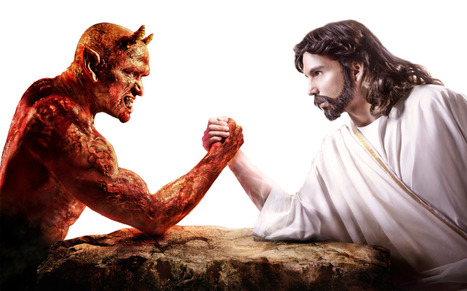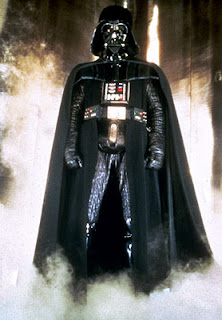
I'm not a film critic. I don't want to be a film critic. But every once in a while, I'll see a film that pisses me off so much, I can't help but use it as an example of what not to do.
The other night, in a moment of weakness, I had the great misfortune to let my wife talk me into watching 'Julie and Julia'.
That's not to say I didn't enjoy anything about it. Meryl Streep is –– as usual –– delightful. It's so nice to see an actor considered "serious" having such serious fun with a character. And the historical tidbits about Julia Child were pretty neat and nicely presented. I'd heard she was a spy, but I didn't know anything else about the path that took her from the OSS to cooking icon.
So it's not Meryl Streep I hate.
Amy Adams walks a really delicate line. There's nothing redeeming about her character –– she's a self-absorbed foodie who, in an effort to prove a point to herself and her shallow friends, neglects her husband and her job. But she manages to infuse the role with a significant amount of sympathy.
It's not Amy Adams I hate.
That leaves Nora Ephron.
"Hate" is a strong word. Especially for someone who I've just gone and indirectly complimented for doing a more than adequate job in a couple of the more important capacities of a director. So what gives?
In a word: Story. Or, to be more specific, lack thereof.
Distilled to its essence, 'Julie and Julia' is about a woman who gives herself an assignment and a deadline, then meets the assignment within the deadline. Period. There's no adversity, no conflict, no potential loss. The protagonist, Julie, has nothing at stake.
'Julie and Julia' is about as compelling as watching someone shop for groceries. First she chooses some nice artichokes, then she picks up a pound of butter... It's not a film. It's a reenactment.
Sure, Julie has minor setbacks. She oversleeps and her boef bourguignon is ruined. The reporter from the Christian Science monitor cancels dinner. So fucking what? Within a couple of screen minutes she's cooked another boef bourguignon and thanks to an article in the New York Times, she comes home to 63 messages from agents, reporters, managers, and editors on her answering machine.
I know what you're thinking. You're thinking, "Okay, fine, Brian. You don't like the story. But why such vitriol?"
Because 'Julie and Julia' is a missed opportunity. It could have been a good film. Hell, it could have been a great film. There's no reason that Julie's character couldn't have struggled against seemingly overwhelming odds, overcoming adversity on her way to completing her self-assigned task, except that Nora Ephron either couldn't or wouldn't be bothered to write her character that way.
That's where I get incensed. I know Nora Ephron doesn't need to make good films, but she doesn't need to take potentially good films and make them crappy, either. She's both the writer and director here, and as Tobey Maguire says in Spiderman', "With great power comes great responsibility."
Clear your mind of what you know and ask yourself which project holds more potential for telling an interesting story, a) a movie based on a 43-year-old ride at an amusement park or b) a movie about a woman who idolizes a chef and uses that chef to inspire her to become not just a better cook, but a better person?
Gore Verbinski (with 'Pirates of the Carribbean') created an amazing story out of almost nothing. Nora Ephron, on the other hand, was handed –– forgive the food metaphor –– a beautiful dry-aged steak and decided to grind it into hamburger, smother it with Accent™, and boil it.
Now do you see why I'm so incensed?
(By the way, lest you think I'm just being misogynistic, I should point out that I consider 'Big', directed by Penny Marshall and written by Gary Ross and Anne Spielberg, one of Hollywood's great films of –– well –– ever, and no, I don't think Gary Ross deserves a disproportionate amount of the credit.)
Nora Ephron will never read this blog, of course. She doesn't need to. And frankly, if I were her, I wouldn't change the formula that's been working since 1993, when she did 'Sleepless in Seattle', which by the way I hated for other reasons.
But please, if my wife ever comes home with another Nora Ephron movie, remind me that I would have a much more rewarding experience replacing the wax rings under our toilets.








 A good story is also about the conflict within the protagonist, between what he wants and what he needs.
A good story is also about the conflict within the protagonist, between what he wants and what he needs. In a really good story, like this one, by resolving the conflict between his want and his need, the hero experiences growth.
In a really good story, like this one, by resolving the conflict between his want and his need, the hero experiences growth.